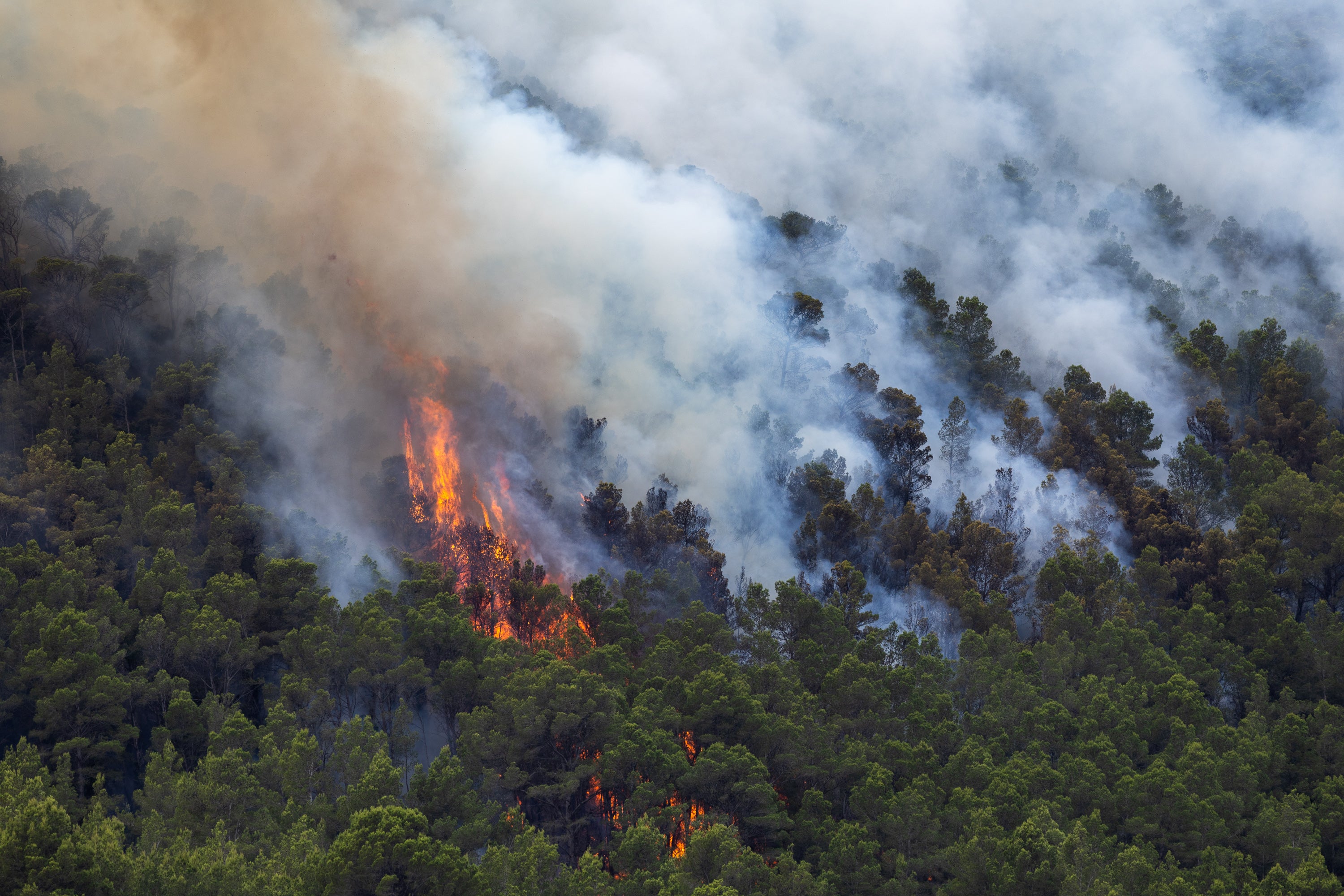
Spain's Environment Ministry has reported a stark increase in heat-related fatalities, with 1,180 deaths recorded across the country over the past two months, a period marked by intense heatwaves.
This alarming figure marks a significant jump from just 70 deaths in the same period in 2024, underscoring the severe impact of recent extreme temperatures.
The data, cited from the Carlos III Health Institute, covers the period between 16 May and 13 July, noting a particularly sharp rise in the first week of July.
The vast majority of those who died were over 65, with more than half being women.
The northern regions of Galicia, La Rioja, Asturias, and Cantabria, traditionally known for cooler summers, have been the most affected, experiencing a notable rise in temperatures in recent years.
Spain has been grappling with extreme heat in recent weeks, with temperatures frequently exceeding 40 degrees Celsius (104 degrees Fahrenheit), mirroring the challenges faced by other Western European nations.
The data shows an event "of exceptional intensity, characterised by an unprecedented increase in average temperatures and a significant increase in mortality attributable to heatwaves", the ministry said.

In the period the data covers, there were 76 red alerts for extreme heat, compared with none a year earlier.
Last summer, 2,191 deaths were attributed to heat-related causes in Spain, according to data from the Carlos III Health Institute.
The data from Spain follows a rapid scientific analysis published on July 9 that said around 2,300 people died of heat-related causes across 12 European cities during a severe heatwave in the 10 days to July 2.
It was not immediately clear whether the study conducted by scientists at Imperial College London and the London School of Hygiene and Tropical Medicine was using the same methodology as the Spanish data.







